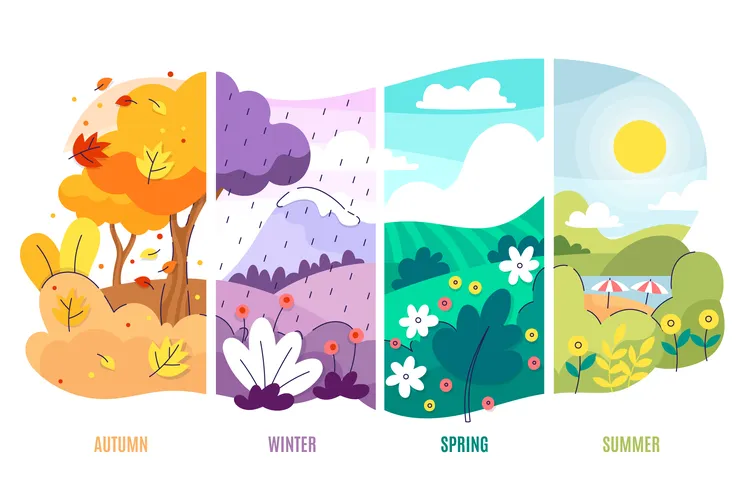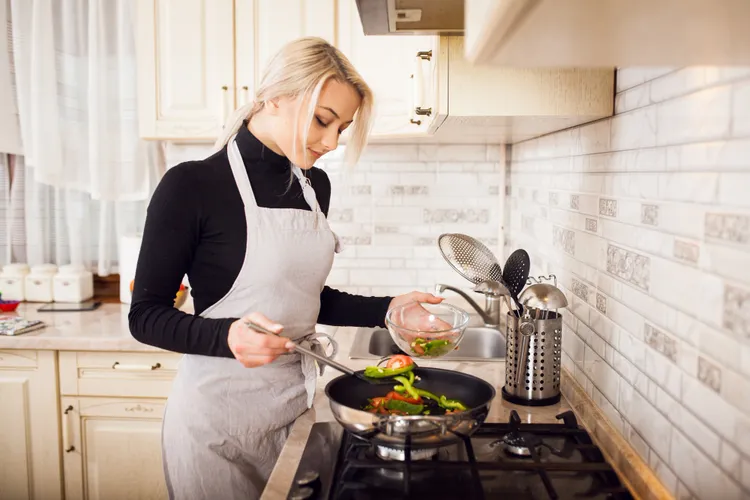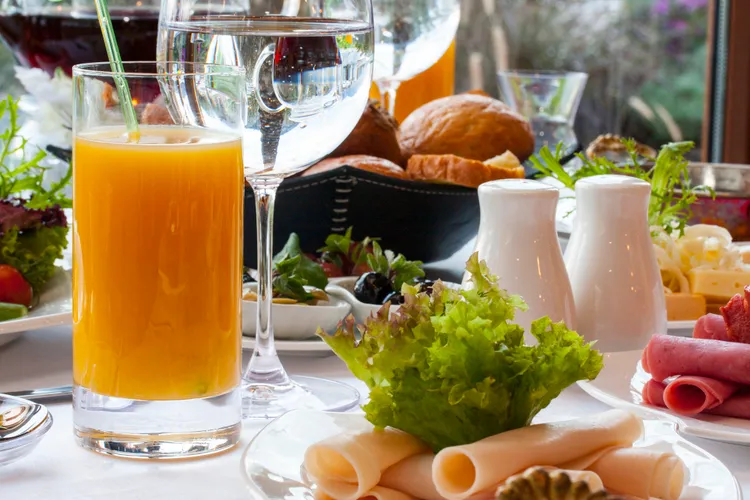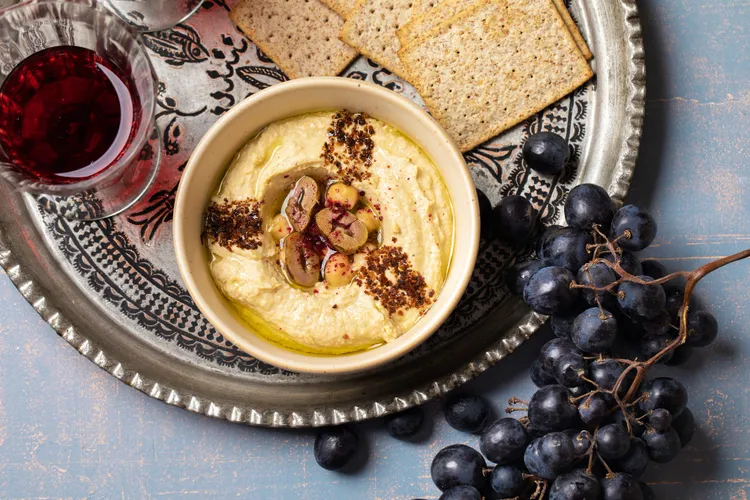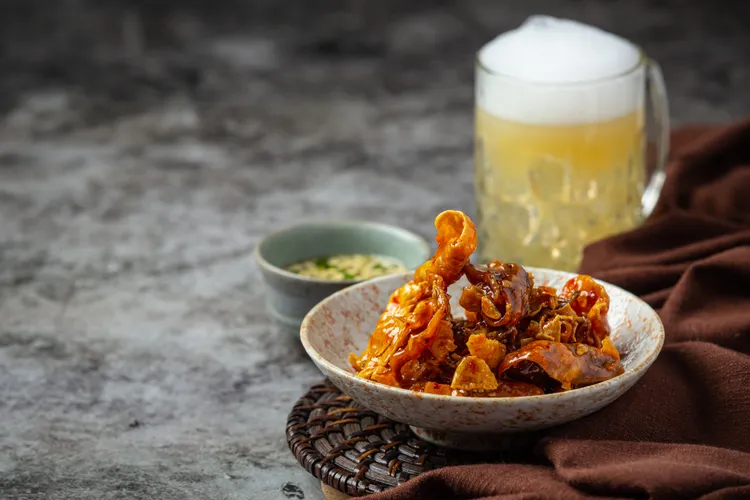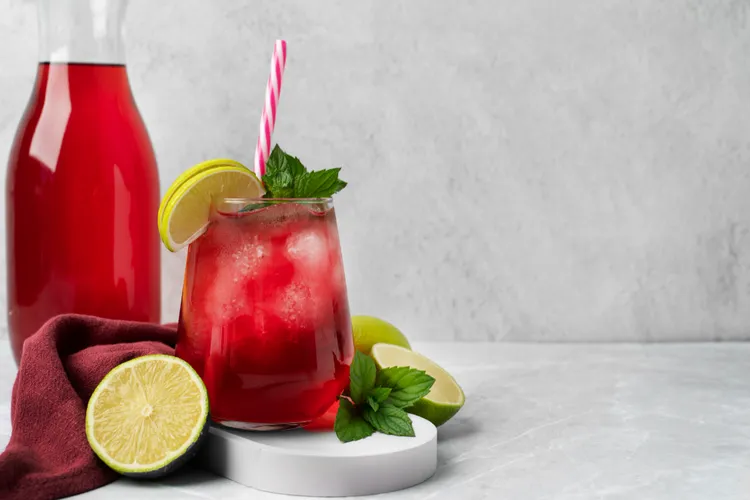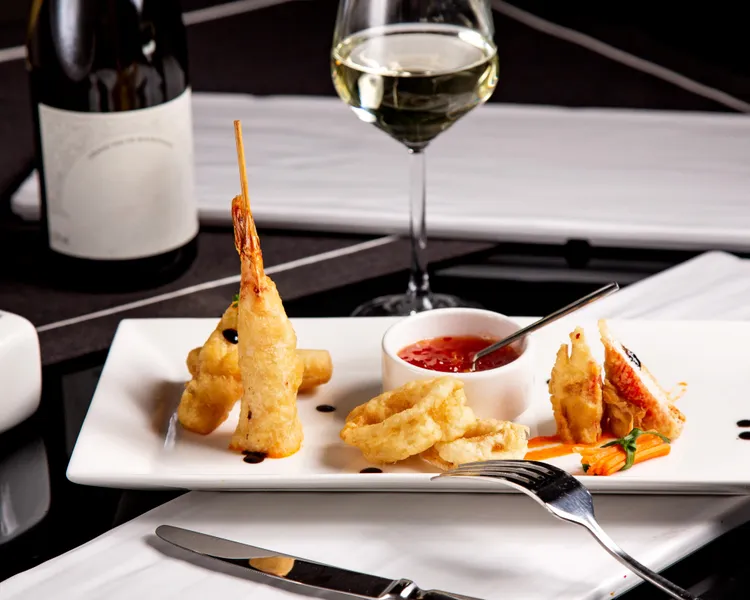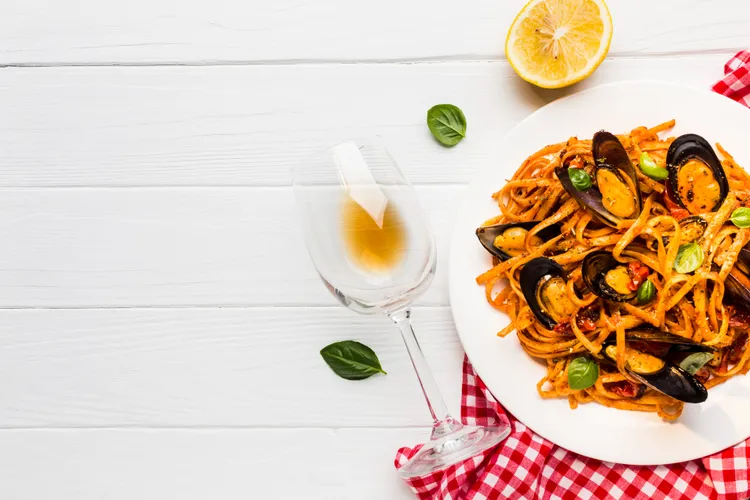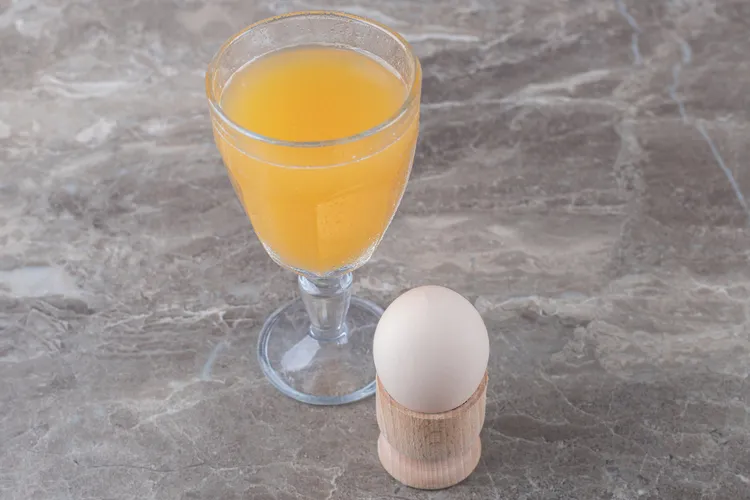Electrolyte-Rich Foods and How to Stay Hydrated Naturally: The Ultimate Guide
Whether you're a high-performance athlete, a weekend warrior, or someone just trying to beat the summer heat, staying hydrated is crucial for your health. But hydration is about more than just drinking water—it's also about electrolytes, the essential minerals that help your body retain fluids, maintain nerve and muscle function, and keep your cells operating properly.
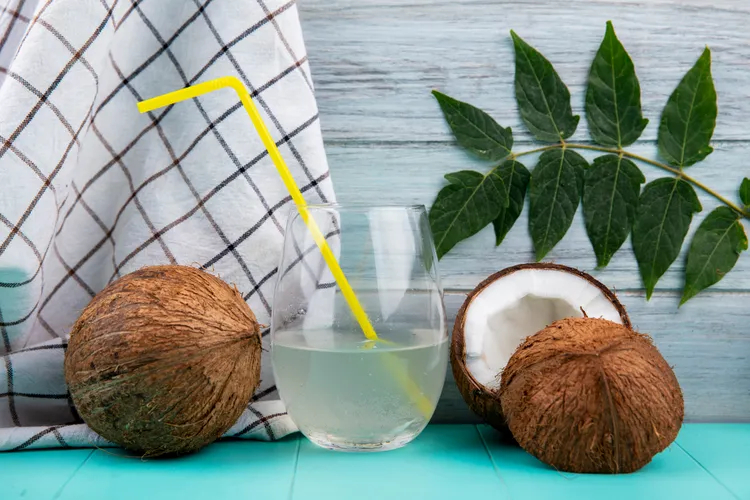
What Are Electrolytes, and Why Do They Matter?
Electrolytes are minerals that carry an electric charge and are vital for several bodily functions. The main electrolytes include:
-
Sodium
-
Potassium
-
Calcium
-
Magnesium
-
Chloride
-
Phosphate
-
Bicarbonate
These minerals help:
-
Regulate fluid balance
-
Support nerve and muscle function
-
Balance pH levels
-
Move nutrients into and waste out of cells
Even mild dehydration or electrolyte imbalances can cause fatigue, headaches, cramps, and irritability.
Are You Low on Electrolytes? Common Warning Signs
Many people are unknowingly low on electrolytes, especially after:
-
Excessive sweating (workouts, hot climates)
-
Illness (vomiting, diarrhea)
-
Drinking too much alcohol or caffeine
-
Eating a highly processed, low-nutrient diet
Symptoms of electrolyte imbalance may include:
-
Muscle cramps or weakness
-
Headaches
-
Dizziness or lightheadedness
-
Irregular heartbeat
-
Fatigue or lethargy
-
Brain fog
Top Electrolyte-Rich Foods (Nature’s Sports Drinks)
You don’t need sugary sports drinks to replenish your electrolytes. Nature has provided plenty of delicious options packed with the minerals your body needs.
1. Sodium-Rich Foods
Sodium helps your body retain water and is lost through sweat. However, balance is key.
-
Olives
-
Pickles
-
Bone broth
-
Seaweed
-
Salted nuts (in moderation)
Tip: Use high-quality salts like Himalayan pink salt or Celtic sea salt in cooking to naturally boost sodium intake.
2. Potassium-Rich Foods
Potassium is crucial for muscle contractions and heart function.
-
Bananas
-
Sweet potatoes
-
Spinach
-
Avocados
-
White beans
-
Coconut water
Fun Fact: A medium banana has around 422 mg of potassium - nearly 10% of your daily needs.
3. Calcium-Rich Foods
More than just a bone-builder, calcium helps regulate muscle and nerve function.
-
Leafy greens (kale, bok choy, collards)
-
Yogurt and milk
-
Sardines (with bones)
-
Tofu (calcium-set)
-
Almonds
4. Magnesium-Rich Foods
Magnesium plays a role in over 300 biochemical reactions in the body, including hydration.
-
Pumpkin seeds
-
Chia seeds
-
Dark chocolate (70%+)
-
Avocados
-
Quinoa
-
Black beans
5. Chloride-Rich Foods
Chloride helps maintain pH balance and fluid levels.
-
Table salt (sodium chloride)
-
Seaweed
-
Rye
-
Tomatoes
-
Celery
Natural Ways to Stay Hydrated (Beyond Drinking Water)
Hydration isn’t just about chugging water - it's about how your body uses and retains it. Here’s how to hydrate smartly and naturally:
1. Eat Water-Rich Foods
Some fruits and veggies are over 90% water!
-
Cucumbers
-
Watermelon
-
Celery
-
Strawberries
-
Zucchini
-
Lettuce
These foods hydrate and offer vitamins and fiber at the same time.
2. Drink Natural Electrolyte Beverages
Skip the neon-colored sports drinks. Try these instead:
-
Coconut water: Naturally high in potassium and magnesium
-
Water with lemon and sea salt: A simple homemade electrolyte drink
-
Aloe vera juice: Contains vitamins, enzymes, and electrolytes
-
Herbal teas (like hibiscus or rooibos): Mildly hydrating and caffeine-free
3. Sip Throughout the Day
Your body loses water constantly - through sweat, breath, and urine. Rather than gulping a ton at once, aim to sip water throughout the day, especially:
-
After waking up
-
Before, during, and after exercise
-
When it's hot or dry out
-
When consuming caffeine or alcohol
4. Add a Pinch of Sea Salt
A pinch of high-quality salt in your water can improve hydration uptake by balancing your electrolyte levels. It’s especially helpful after sweating or exercise.
5. Focus on Whole Foods, Not Processed Ones
Processed foods are often high in sodium but low in other electrolytes, throwing off your balance. Whole foods - fruits, vegetables, nuts, legumes - naturally contain a wider spectrum of minerals.
Simple DIY Natural Electrolyte Drink Recipes
Here are a few easy and affordable recipes to make your own hydration drinks at home:
Citrus Electrolyte Drink
-
2 cups water
-
Juice of 1 lemon
-
1/4 tsp sea salt
-
1 tbsp raw honey or maple syrup
-
Optional: a splash of orange juice or a pinch of baking soda (bicarbonate)
Coconut Lime Refresher
-
1 cup coconut water
-
1/2 cup water
-
Juice of 1/2 lime
-
Pinch of Himalayan salt
Berry Hydration Smoothie
-
1 cup coconut water
-
1/2 cup strawberries
-
1/2 banana
-
Handful of spinach
-
1 tbsp chia seeds
Hydration Myths to Stop Believing
🚫 Myth 1: "You need 8 glasses of water a day."
✅ Truth: Hydration needs vary by person. A better gauge is your urine color - light yellow is ideal.
🚫 Myth 2: "Only water hydrates you."
✅ Truth: Many foods and drinks (like fruits, teas, and broths) contribute to hydration.
🚫 Myth 3: "If you’re thirsty, it’s too late."
✅ Truth: Thirst is your body’s natural signal - it’s okay to respond to it, just don’t ignore it.
Quick Tips for Staying Hydrated Naturally
-
Keep a reusable water bottle with you
-
Flavor water with fruits, herbs, or cucumber
-
Eat more raw fruits and vegetables
-
Replenish electrolytes after workouts
-
Drink herbal teas in colder weather
-
Don’t wait until you’re parched - sip regularly
Listen to Your Body
Staying hydrated isn’t just about guzzling plain water - it’s about supporting your body with mineral-rich foods and drinks that enhance absorption, energy, and performance. Your body will thank you with better focus, improved energy, fewer cramps, and glowing skin.
Next time you feel tired, foggy, or sluggish, skip the caffeine and ask yourself: Am I hydrated? Am I getting enough electrolytes?
